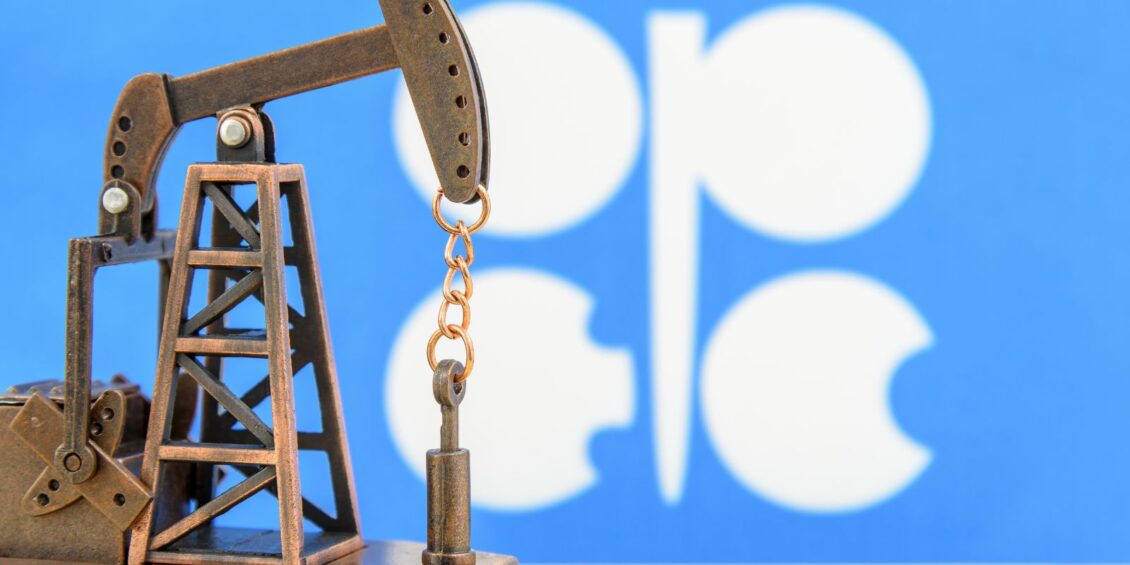The global oil market is a critical component of the world economy, impacting everything from transportation costs to energy prices. Oil trading, which involves the buying and selling of crude oil and its derivatives, is a complex and dynamic industry. With billions of dollars at stake, maintaining the integrity of this market is of paramount importance. This article explores the intricacies of market surveillance and advanced compliance solutions in the oil trading sector. So, if you are into Oil trading investment, you may consider knowing about Investment Education. For better insight you can visit here Oil Profit.
The Significance of Oil Trading
The Global Impact of the Oil Market
The oil market is a linchpin of the global economy. Oil prices influence inflation rates, trade balances, and even political stability. Any disruptions in oil trading can have ripple effects throughout the world, making it imperative to maintain a stable and transparent market.
Role of Oil Trading in Energy Security
Energy security is a top priority for nations worldwide. Ensuring a steady supply of oil is essential for maintaining economic stability and national security. Oil trading plays a pivotal role in achieving this, as it allows countries to access oil reserves from around the world.
The Need for Effective Regulation and Oversight
Given the critical importance of the oil market, it is imperative to have robust regulatory frameworks in place. Effective oversight ensures fair trading practices, prevents market manipulation, and helps maintain market stability.
Challenges in Oil Trading
Volatility and Price Fluctuations
The oil market is notoriously volatile, with prices subject to sudden spikes and crashes. Such volatility can create opportunities for market abuse and underscores the importance of surveillance systems.
Insider Trading and Market Manipulation
Insider trading and market manipulation are persistent threats in the oil trading sector. Unscrupulous actors may engage in illegal activities to gain an unfair advantage, harming legitimate market participants.
Regulatory and Compliance Complexities
Navigating the regulatory landscape in oil trading can be a daunting task. Different jurisdictions have their own rules and regulations, and compliance can be challenging due to the global nature of the market.
Market Surveillance in Oil Trading
Definition and Objectives of Market Surveillance
Market surveillance refers to the process of monitoring and analyzing trading activities to detect and deter market abuse. Its primary objectives are to ensure market integrity, protect investors, and maintain confidence in the market.
Role of Market Surveillance in Detecting Irregularities
Market surveillance systems use advanced algorithms and data analysis techniques to identify irregularities in trading patterns. These can include unusual price movements, suspicious trading volumes, or patterns indicative of market manipulation.
Technology-Driven Advancements in Market Surveillance
Advancements in technology have transformed market surveillance. Machine learning, artificial intelligence, and big data analytics are now crucial tools for monitoring and identifying potential misconduct in real-time. These technologies allow regulators and market participants to stay one step ahead of wrongdoers.
Compliance Solutions for Oil Trading
Understanding Regulatory Requirements
Compliance begins with a thorough understanding of regulatory requirements. Market participants must be well-versed in the rules and regulations governing their activities, which can vary from region to region.
Implementing Robust Compliance Programs
To ensure adherence to regulations, companies engaged in oil trading must develop robust compliance programs. These programs include training employees, conducting regular audits, and establishing reporting mechanisms for suspicious activities.
Case Studies of Successful Compliance Solutions
Examining real-world examples of successful compliance solutions can provide valuable insights. Companies that have effectively navigated the regulatory landscape can serve as models for others looking to enhance their compliance efforts.
Technology and Innovation in Compliance
Utilizing AI and Machine Learning for Compliance
Artificial intelligence and machine learning algorithms are invaluable tools for compliance. These technologies can analyze vast amounts of trading data to identify potential violations more quickly and accurately than traditional methods.
Blockchain Technology in Oil Trading Compliance
Blockchain technology offers transparency and immutability, making it a promising solution for ensuring compliance in oil trading. Smart contracts can automatically enforce compliance rules, reducing the risk of human error.
Data Analytics and Risk Management Tools
Data analytics tools can help oil trading firms assess and mitigate compliance risks. By analyzing historical trading data and market trends, companies can identify potential compliance issues before they escalate.
Future Trends in Market Surveillance and Compliance
Regulatory Trends and Their Impact on Oil Trading
Regulations in the oil trading sector are constantly evolving. Market participants must stay informed about these changes and adapt their compliance strategies accordingly.
Emerging Technologies and Their Potential in Enhancing Compliance
As technology continues to advance, new tools and platforms will emerge to enhance compliance efforts. This may include even more sophisticated AI and machine learning algorithms or innovative ways of using blockchain technology.
The Role of Sustainability and ESG Factors in Compliance
Environmental, Social, and Governance (ESG) considerations are becoming increasingly important in the oil trading industry. Compliance efforts may need to evolve to incorporate ESG factors into decision-making processes.
Conclusion
In the ever-evolving landscape of the oil trading industry, maintaining market integrity and compliance with regulations is paramount. As challenges persist, such as market volatility and potential insider trading, staying ahead of the curve is crucial. Leveraging technological advancements can offer a streamlined approach to optimizing your oil trading experience, ensuring adherence to compliance standards, and safeguarding the interests of all market participants while contributing to the industry’s overall stability and success.








Leave a Reply
View Comments